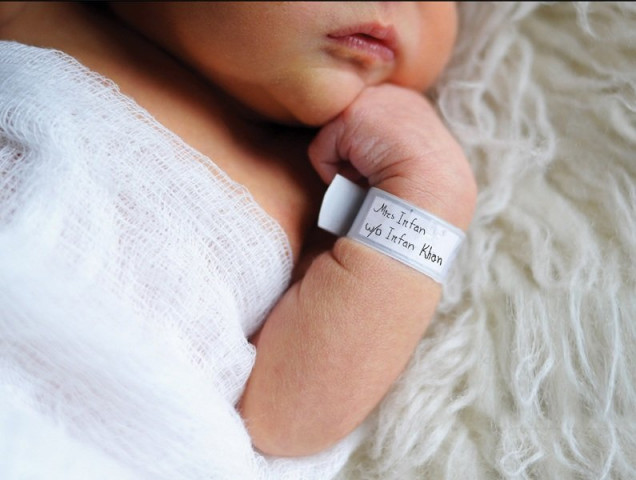Ministers backtrack on support to curb early marriages
Child Marriage Restraint Amendment Bill 2013 rejected by treasury benches in the provincial assembly.

The bill aimed to increase the legal age of marriage for a girl from 16 to 18 and increase punishment in the Child Marriage Restraint Act.
DESIGN: MUHAMMAD SUHAIB
Provincial ministers, who had earlier lent their support for curtailing child marriages, backtracked on their views when the Child Marriage Restraint Amendment Bill 2013 was presented in the assembly last week.
The bill, which calls to curtail child marriages in Khyber-Pakhtunkhwa (K-P) and Federally Administered Tribal Areas (Fata), was moved by MPA Munawar Sultana from the Awami National Party (ANP) on private members day on January 11. However, it was rejected by most lawmakers.
The bill aimed to increase the legal age of marriage for a girl from 16 to 18 and increase punishment in the Child Marriage Restraint Act.
Talking to The Express Tribune, Sultana said she strongly defended her bill but had no support to take it forward. “Early marriages steal the innocence of girls and force them to live a life of poverty and ignorance,” she said, adding “My own party has opposed the bill and it is difficult for me to discuss it further.”

The bill was opposed by ANP Parliamentary Leader Mian Iftikhar Hussain. “The approval of this bill will create a new debate and more issues in the province. There is no need to discuss this bill in the assembly,” he said. He added that in other Islamic countries there is no age limit for marriages. Nighat Orakzai backed Mian Iftikhar on the issue.
However, back in 2010, Mian Iftikhar himself had said the government will impose restrictions on child marriages and forbid persons under the age of 18 from tying the knot.

Minister Sitara Ayaz also opposed the bill and said it had too many “financial implications” for the province, while Jamiat Ulema-e-Islam-Fazl MPA Mufti Kifayatullah had rejected the notion by calling it “a western agenda” pursued by non-governmental organisations (NGOs) who “bring them forward for their own gains.”
Interestingly however, the government had passed the K-P Child Protection and Welfare Act in 2010, which includes protection of children against early marriages.
Programme coordinator for NGO Blue Veins and co-chairman of End Violence Against Women and Girls (EVAW/G) Alliance (K-P and Fata), Qamar Naseem said that poor lobbying, lack of support from civil society organisations and religious leaders were the major factors behind the assembly’s failure to pass the bill.
Naseem, who is a strong advocate of CMRA amendment in K-P, expressed his disappointment over the lawmakers’ criticisms.
He said according to Girls Not Brides a Global Alliance to End Child Marriages, the prevalence rate of child marriages in Pakistan is 24%. He said that child marriage is more common in rural areas (29%) where longstanding traditions are more closely followed than in urbanised areas, where the rate is 16%.
Pakistan is a signatory to the UN Convention on the Rights of Children, which refers to early marriage as the marriage of people less than 18 years of age.
Published in The Express Tribune, January 18th, 2013.













COMMENTS
Comments are moderated and generally will be posted if they are on-topic and not abusive.
For more information, please see our Comments FAQ